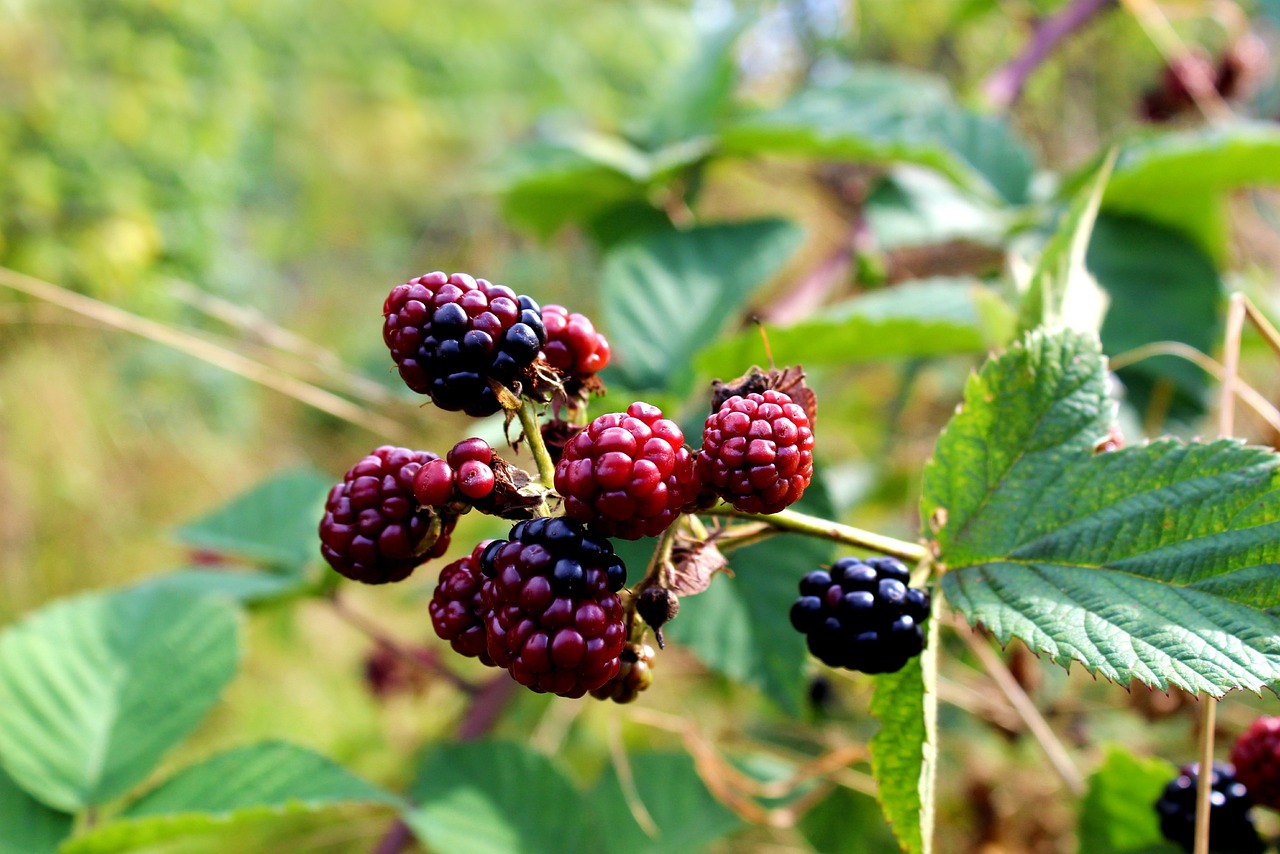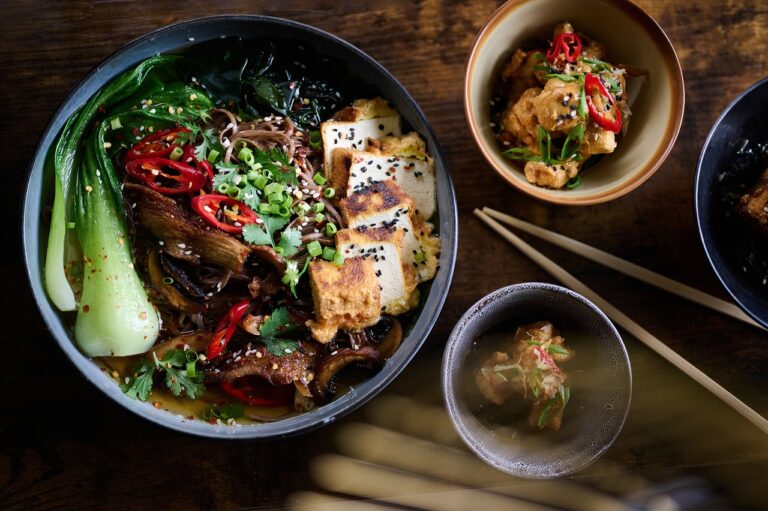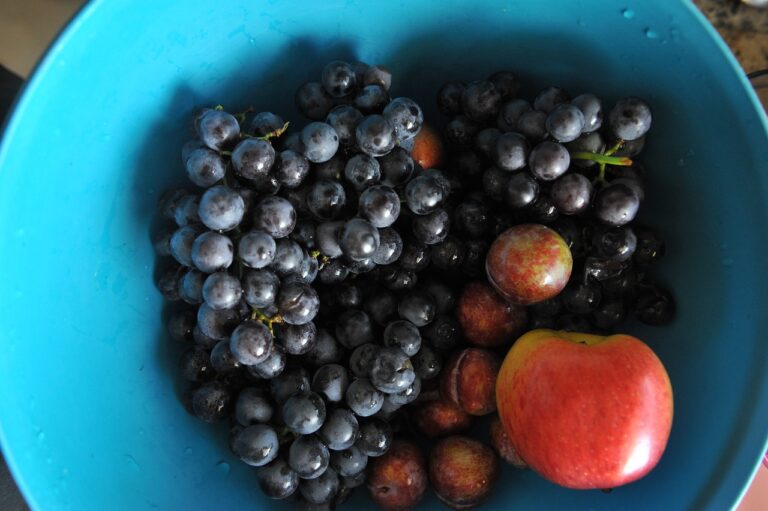Understanding the Connection Between Diet and Gut Microbiome Balance: All panel.com sign up, Lotus 365 book, Betbook 247.com login
all panel.com sign up, lotus 365 book, betbook 247.com login: Understanding the Connection Between Diet and Gut Microbiome Balance
Have you ever heard the phrase “you are what you eat”? Well, when it comes to your gut microbiome, that statement couldn’t be more accurate. Your gut microbiome plays a crucial role in your overall health, and what you eat has a direct impact on the balance of bacteria in your gut. In this article, we will delve into the intricate connection between your diet and gut microbiome balance and how you can optimize both for improved health and well-being.
The Gut Microbiome: An Overview
Before we dive into the connection between diet and gut microbiome balance, let’s first understand what the gut microbiome is. Your gut microbiome is a complex ecosystem of trillions of bacteria, fungi, viruses, and other microorganisms that reside in your digestive tract. These microorganisms play a vital role in digesting food, absorbing nutrients, and supporting your immune system.
The balance of bacteria in your gut microbiome is essential for maintaining optimal health. When the balance is disrupted, it can lead to a variety of health issues, including digestive disorders, autoimmune diseases, and even mental health conditions.
The Connection Between Diet and Gut Microbiome Balance
Your diet is one of the most significant factors that influence the balance of bacteria in your gut microbiome. Certain foods can promote the growth of beneficial bacteria, while others can disrupt the balance and lead to an overgrowth of harmful bacteria. Here are some key points to consider when it comes to the connection between diet and gut microbiome balance:
1. Fiber-Rich Foods: Foods high in fiber, such as fruits, vegetables, whole grains, and legumes, are essential for promoting a healthy gut microbiome. Fiber acts as a prebiotic, feeding the beneficial bacteria in your gut and helping them thrive.
2. Fermented Foods: Fermented foods like yogurt, kefir, sauerkraut, and kimchi are rich in beneficial probiotic bacteria that can help support a healthy gut microbiome. Including these foods in your diet can help promote the growth of good bacteria in your gut.
3. Sugar and Processed Foods: On the other hand, a diet high in sugar and processed foods can disrupt the balance of bacteria in your gut microbiome. These foods can feed harmful bacteria and lead to inflammation and digestive issues.
4. Plant-Based Diet: A plant-based diet rich in a variety of fruits, vegetables, whole grains, and legumes is ideal for promoting a healthy gut microbiome. Plant foods contain essential nutrients and fiber that support the growth of beneficial bacteria in your gut.
5. Hydration: Drinking an adequate amount of water is crucial for maintaining a healthy gut microbiome. Water helps flush out toxins and waste products from your body, supporting the balance of bacteria in your gut.
6. Diversity is Key: Eating a diverse range of foods is essential for promoting a diverse gut microbiome. Including a variety of foods in your diet can help ensure that you are feeding a wide range of beneficial bacteria in your gut.
Optimizing Your Diet for a Healthy Gut Microbiome
Now that you understand the connection between diet and gut microbiome balance, how can you optimize your diet to support a healthy gut microbiome? Here are some tips to help you get started:
1. Eat a variety of fruits and vegetables: Include a rainbow of fruits and vegetables in your diet to ensure that you are getting a wide range of nutrients and fiber to support your gut microbiome.
2. Add fermented foods to your diet: Incorporate fermented foods like yogurt, kefir, sauerkraut, and kimchi into your meals to introduce beneficial probiotic bacteria to your gut.
3. Limit sugar and processed foods: Cut back on sugary drinks, snacks, and processed foods that can disrupt the balance of bacteria in your gut microbiome.
4. Stay hydrated: Drink plenty of water throughout the day to support the overall health of your gut microbiome.
5. Listen to your body: Pay attention to how different foods make you feel and adjust your diet accordingly. Everyone’s gut microbiome is unique, so it’s essential to find what works best for you.
FAQs
1. How long does it take to see the effects of diet on gut microbiome balance?
The effects of diet on gut microbiome balance can vary from person to person. Some people may notice changes within a few days or weeks, while others may take longer. It’s essential to be patient and consistent with your diet to see lasting effects on your gut microbiome.
2. Can supplements help improve gut microbiome balance?
While supplements can be beneficial for some people, it’s essential to focus on getting essential nutrients from whole foods first. Supplements should not replace a healthy diet rich in fruits, vegetables, whole grains, and other nutrient-dense foods that support a healthy gut microbiome.
3. How can stress impact gut microbiome balance?
Stress can have a significant impact on the balance of bacteria in your gut microbiome. Chronic stress can lead to inflammation and disrupt the delicate balance of bacteria in your gut. Finding healthy ways to manage stress, such as exercise, meditation, or spending time in nature, can help support a healthy gut microbiome.
4. Are there specific diets that are best for gut microbiome balance?
While there is no one-size-fits-all diet for gut microbiome balance, a plant-based diet rich in a variety of fruits, vegetables, whole grains, and legumes is generally recommended. This diet provides essential nutrients and fiber that support the growth of beneficial bacteria in your gut.
5. Can I improve my gut microbiome balance through diet alone?
Diet is a crucial factor in supporting a healthy gut microbiome, but it’s essential to consider other lifestyle factors as well. Getting regular exercise, managing stress, staying hydrated, and getting enough sleep are all important for maintaining a healthy gut microbiome.
In conclusion, the connection between diet and gut microbiome balance is undeniable. By focusing on a diet rich in fruits, vegetables, whole grains, and fermented foods, you can support the growth of beneficial bacteria in your gut and promote overall health and well-being. Remember to listen to your body, stay hydrated, and be patient as you make changes to optimize your diet for a healthy gut microbiome.







